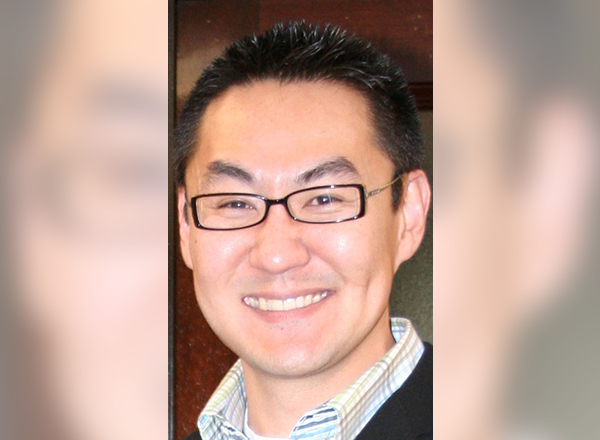Peter Kim’s English classes push students out of their comfort zone

HFC English professor Dr. Peter Kim examined the history of race relations and culture in Detroit during his doctoral project at Wayne State University, which formed the basis for the Detroit seminar he would later propose to HFC’s Henry Ford II Honors Program. He has now taught this seminar course for the past five years.
“This course, Honors Colloquium: History and Culture of Detroit, is set up to incorporate ongoing issues in the city,” said Kim, who’s taught at HFC for 20 years.
Challenging students’ perspectives
A three-time alumnus of Wayne State (where he received his bachelor’s, master’s, and doctoral degrees – all in English), Kim recently gave a lecture titled, “Detroit 1967: Civil Unrest and Black Lives Matter” during which he discussed the factors that contributed to the 1967 unrest. He talked about recent demonstrations against racial injustice. He plans to expand aspects of this lecture into his seminar at HFC, which is known for pushing students to approach a topic from a different perspective.
“The 1967 civil unrest has been called terms like ‘riot,’ ‘rebellion,’ and ‘uprising.’ It is a watershed event in Detroit’s recent history, particularly with regard to race relations. In the wake of recent protests against racial injustice, I’ve discussed some possible parallels between then and now, including historical, socioeconomic, and cultural factors drawn from research from a variety of perspectives, including Joel Stone’s collection of essays, Detroit 1967: Origins, Impacts, Legacies, and Thomas Sugrue’s The Origins of Urban Crisis: Race and Inequality in Postwar Detroit, and Joe T. Darden and Richard W. Thomas’ Detroit: Race Riots, Racial Conflicts, and Efforts to Bridge the Racial Divide. I will propose some lessons that might be drawn from that research as well as consider the broader transitional moment we are in with regard to American race relations,” explained Kim.
All English classes will be taught online this fall
Kim says all of the English Department’s classes will be taught online for the Fall 2020 semester. The Mirror News – HFC’s student-run newspaper, of which Kim is the faculty advisor – will also be run entirely online.
“The English Department voted to go all online, and I decided to run the Detroit seminar online,” he said. “I will do all I can to make the experience as worthwhile as possible for the students. I want to make sure I keep them engaged and offer information that proves meaningful and useful.”
Kim’s seminar is accepted at Wayne State as part of an articulation agreement between its Irvin D. Reid Honors College and the HFC Honors program.
“The course matched a similar course offered in Wayne State’s Honors Program, which helped in developing an articulation agreement between us,” said Kim. “I have had the good fortune to teach the course for the past five years. Next year, I will pass the baton to my colleague, history professor Pamela Sayre.”
Directed Study – Service Learning Course
Kim also teaches an honors service learning course, Honors Directed Study – Service Learning, where he and his students volunteer at Keep Growing Detroit, which coordinates one of the largest garden resource programs in Detroit, helping residents grow their own urban gardens.
“I have connected students to a number of other community organizations in helping them apply for fellowships at the University of Michigan (U-M) in Ann Arbor as part of Transfer Bridges to the Humanities @ University of Michigan (a joint program between HFC and U-M for students studying humanities),” said Kim.
This summer, students received fellowships to work with Gleaners Community Food Bank, one of the region’s largest food banks, and Mariners Inn in Detroit, which provides shelter and rehab services.
“Teaching by nature is an altruistic profession, so community service is very much in keeping with that,” said Kim.
For Kim, the best part of mentoring students is watching them learn and succeed.
“I enjoy helping students to see their potential and to go beyond what they think they are capable of,” he said.